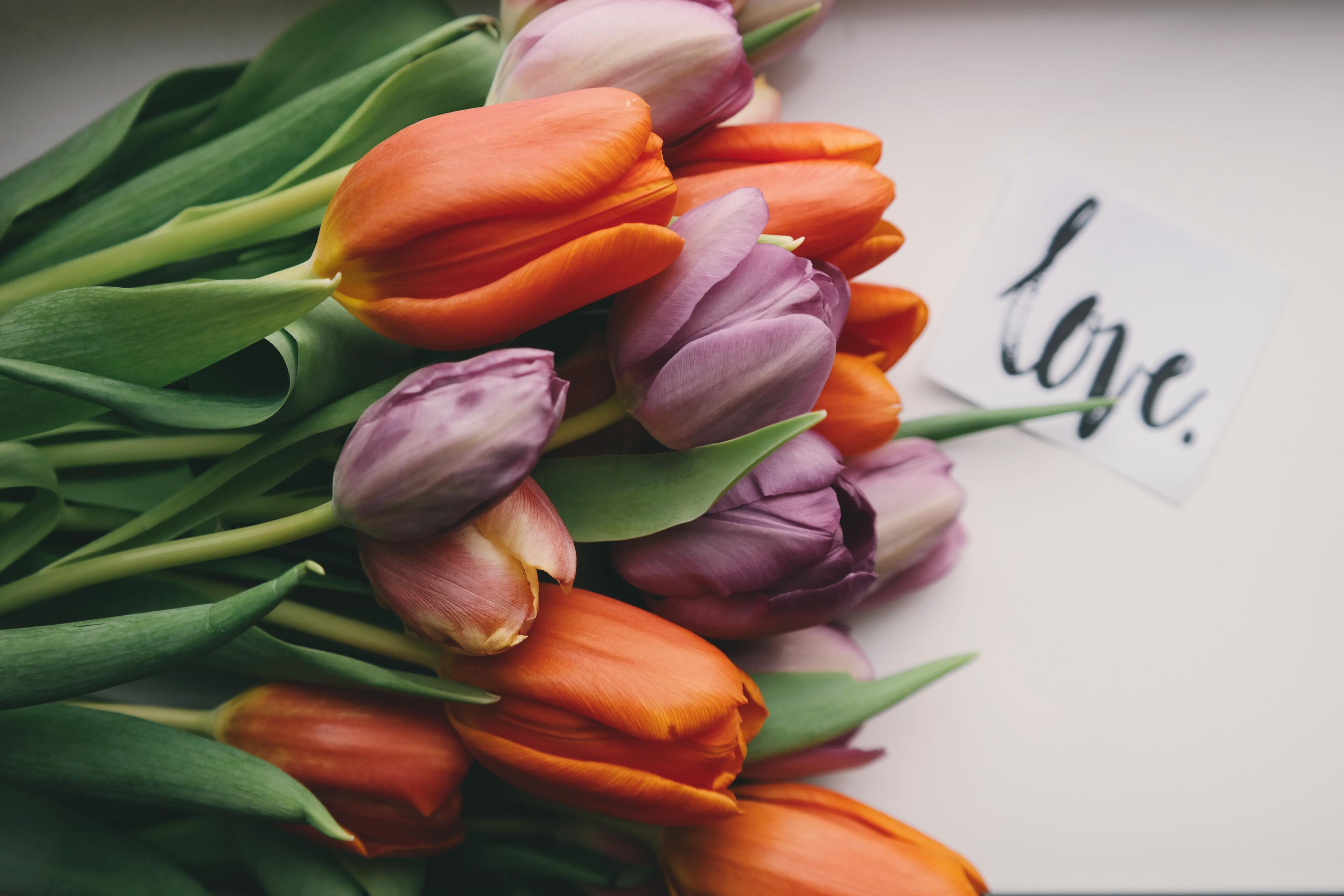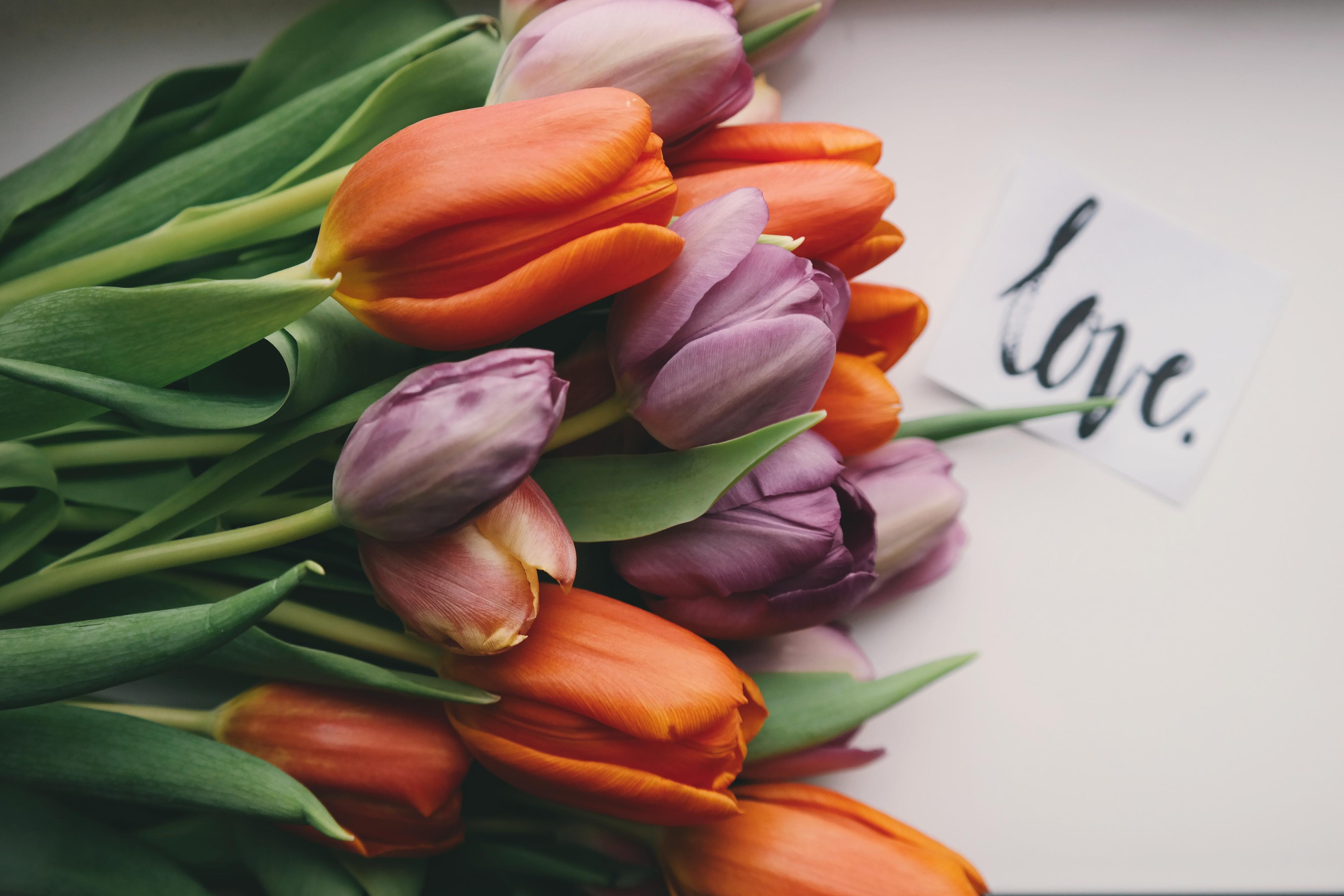

Writer Leo Tolstoy once said music is “the shorthand of emotion.” Classical music has no shortage of emotional melodies that tug on your heartstrings.
This Valentine’s Day, we’re playing pieces that speak the language of love. Our hosts have listed their picks for top romantic favorites. (You can hear them in the Spotify playlist below.)
CPR Classical listeners also wrote in to let us know the piece they'd like to hear on Valentine’s Day. Listen on Thursday, Feb. 14, from 6 a.m. to 9 p.m. as we play back your favorite romantic classics!
Mahler: Symphony No. 5, Adagietto
Gustav Mahler's "Adagietto" is truly music of the heart. This luminescent piece for strings and harp is said to have been the composer's love letter to the woman he was dating. Alma Schindler really got it and was obviously quite moved: She said yes when the composer asked her to marry him. --Jean Inaba
Rachmaninoff: ‘Liebesfreud’
Sergei Rachmaninoff's arrangement for piano of Fritz Kreisler's violin piece “Liebesfreud” (“Love's Joy”) is a double dip of love. It still has Kreisler's tender tune, but added are Rachmaninoff trademarks -- huge introduction and conclusion, thick harmony, and piano pyrotechnics. It shows that Rachmaninoff loved the original enough to bother to arrange it. Plus, it's guaranteed to bring a huge smile. --David Ginder
Puccini: ‘Che gelida manina’ from ‘La bohème’
Someone once told me that all you need to know about young love can be found in the first act of Giacomo Puccini’s opera “La bohème.” This duet between the main characters Rodolfo and Mimi is all about love at first sight. Rodolfo sings, “How cold your little hand is! Will you let me warm it for you?” But what he’s really saying is, “Oh my heavens, you take my breath away! I think I’m in love!” --Karla Walker
Elgar: ‘Salut d'amour’
“Salut d’amour,” or “Love’s Greeting,” is truly a piece born out of love. Edward Elgar wrote and dedicated this piece to his fiancée, Alice Roberts, in 1888. The piece is so elegant, sweet and understated, and the story goes that tears streamed down her cheeks as he played it for her. --David Rutherford
Chopin: Piano Concerto No. 2, Larghetto
Frederic Chopin was young and head over heels in love when he wrote his Piano Concerto No. 2. He was 19 when he saw soprano Konstancja Gładkowska at the Warsaw School of Music and admired her from a distance. He wrote to a friend that he hadn't spoken to her, but he dreamed of her every night for six months. Instead of talking to her, he poured that emotion straight into the slow movement of this concerto. --Matt Weesner
Igor Stravinsky: Finale from ‘The Firebird’
One of the most magnificent moments in all of music, to my ears, is the happy ending of the love story found in Stravinsky’s ballet “The Firebird.” Prince Ivan, with the Firebird’s help, has vanquished the evil ogre Kashchei and freed all his captives, including the princess Ivan loves. In the finale, the magnificent closing chords herald the freedom of the captives and the marriage of the prince and princess. --Marilyn Cooley
Mozart: Middle movement from Piano Concerto No. 21
This piano concerto has earned the nickname “Elvira Madigan” because the second movement was used so effectively in the 1967 film of the same name. It speaks to me of love and romance: I saw it with my soon-to-be wife, Marcia, in 1968. I immediately went out and bought a copy featuring pianist Geza Anda and the Salzburg Mozarteum Camerata. We played it almost daily, as our record collection was small at the time. I think I still have it, and cherish the memories. --Bob Lafley
Martini: ‘Plaisir d’amour’
“Plaisir d’amour” (“The Pleasure of Love”) is a French love song from Mozart’s time. You may not know Jean-Paul-Égide Martini’s song in its original version from the 1780s, but I’m certain you can sing along to Elvis’ “Can’t Help Falling in Love,” which uses the same melody. The Elvis lyrics speak to the overwhelming feeling of young love, while the original lyrics are more about heartbreak: “The pleasure of love lasts only a moment, the grief of love lasts a lifetime.” --Monika Vischer









